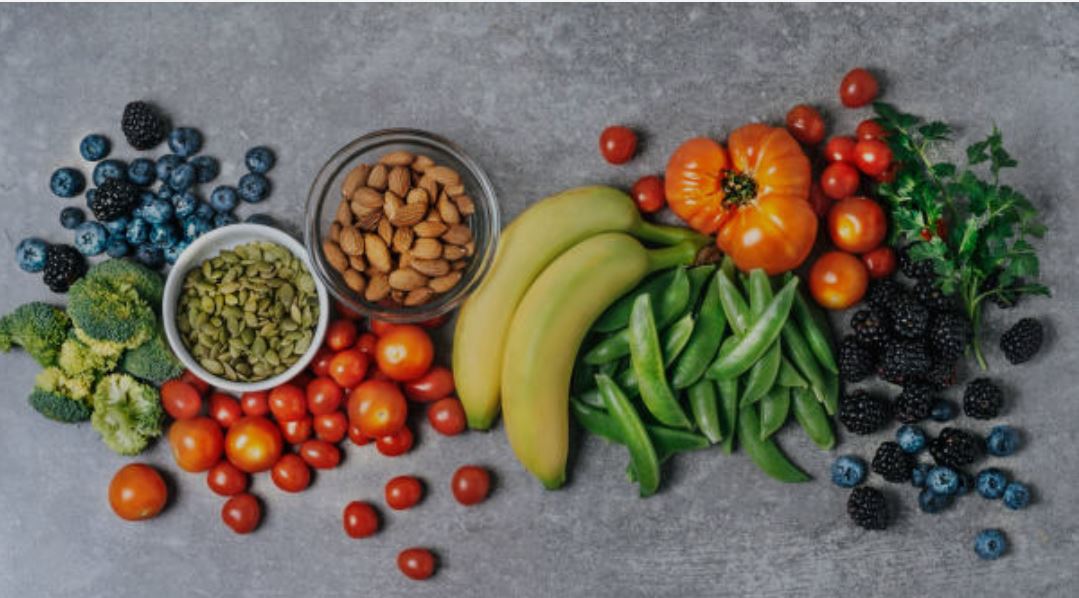|
Whilst you’re at home, you can help to maintain your flexibility through the food you consume.
Staying hydrated is essential to remaining supple and flexible, helping lubricate joints and delivering essential nutrients to your body. As well as drinking lots of water, eat loads of water dense foods such as cucumber, tomatoes, spinach, lettuce, mushrooms, melon, strawberries, broccoli, brussel sprouts, oranges, apples, blueberries, broths and soups, zucchini, celery, yogurt, bell peppers, cauliflower, cabbage, grapefruit and coconut water. Try to limit caffeine intake to 100mgs per day. Caffeine dehydrates you and makes you feel stiff in your joints and tissue. Magnesium rich goods like green vegetables, especially kale and spinach, nuts and seeds and dark chocolate (85%+) help relax muscles, lessen chronic pain, migraines, stress and anxiety and boost energy. Sulphur rich foods – cruciferous vegetables broccoli and cauliflower - are important for the health of connective tissues Foods high in Vitamin C, (kiwis, berries, and broccoli) can help the production of collagen and other components that build youthful elastic muscles and connective tissue Inflammatory foods, sugar, processed carbs, and unhealthy fats can create stiffness and bloating. Increase consumption of anti-inflammatory foods - fish high in Omega 3 fatty acids like salmon, mackerel, tuna, and sardines, ginger, turmeric, pineapple, green leafy vegetables, nuts and seeds and berries Don’t eat too much protein as excess protein can dehydrate you and make you feel stiff Avoid toxins like MSG (my body aches after I eat it!) Try to have a 12-16 hour fast daily – have atleast a 12 hour break between dinner and breakfast You might also like to consider the following supplements:
0 Comments
|
MargieI'm Margie, the owner of A Good Stretch. I love helping you feel good! Archives
April 2024
Categories |
Photo from shixart1985


 RSS Feed
RSS Feed
